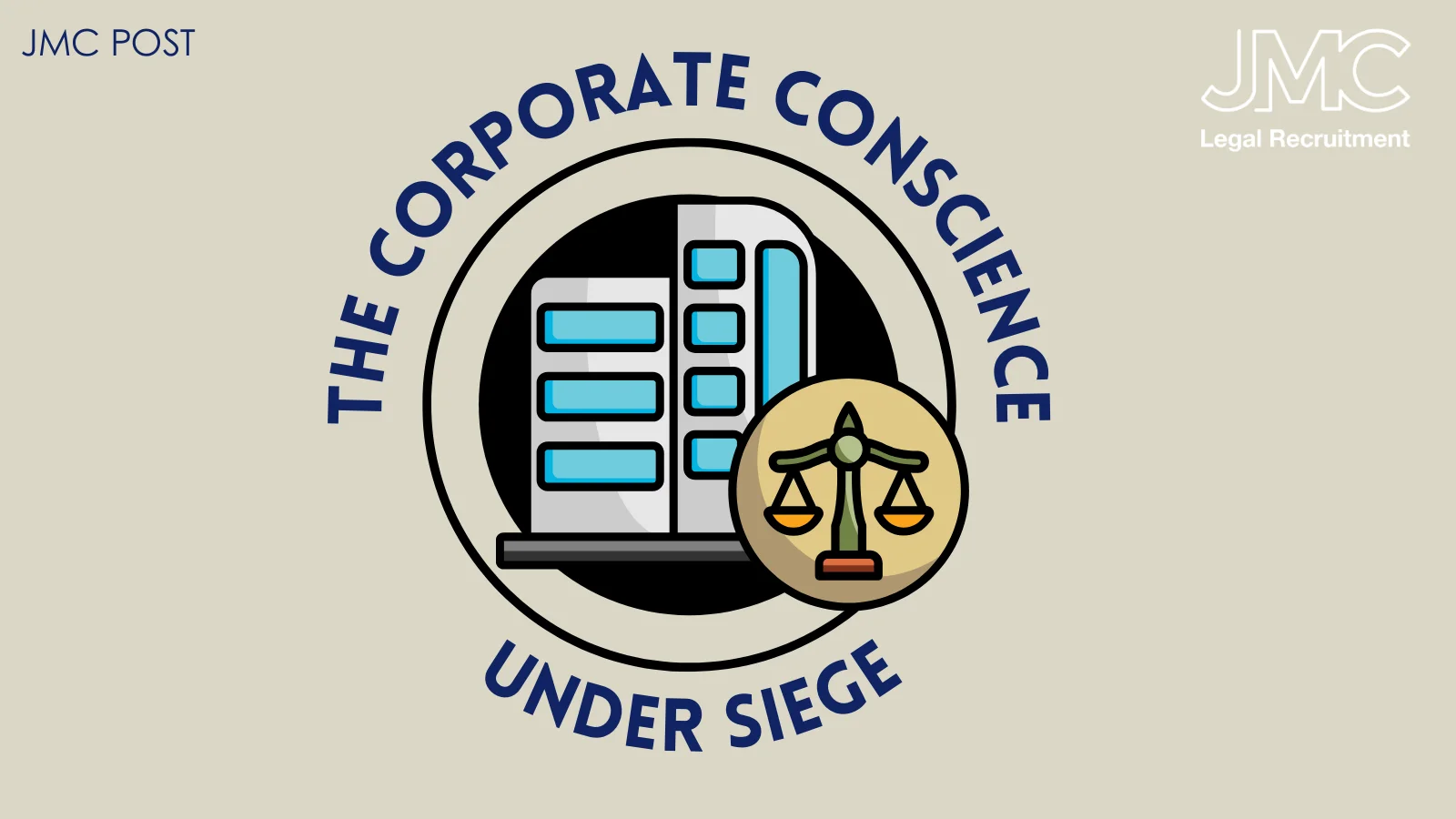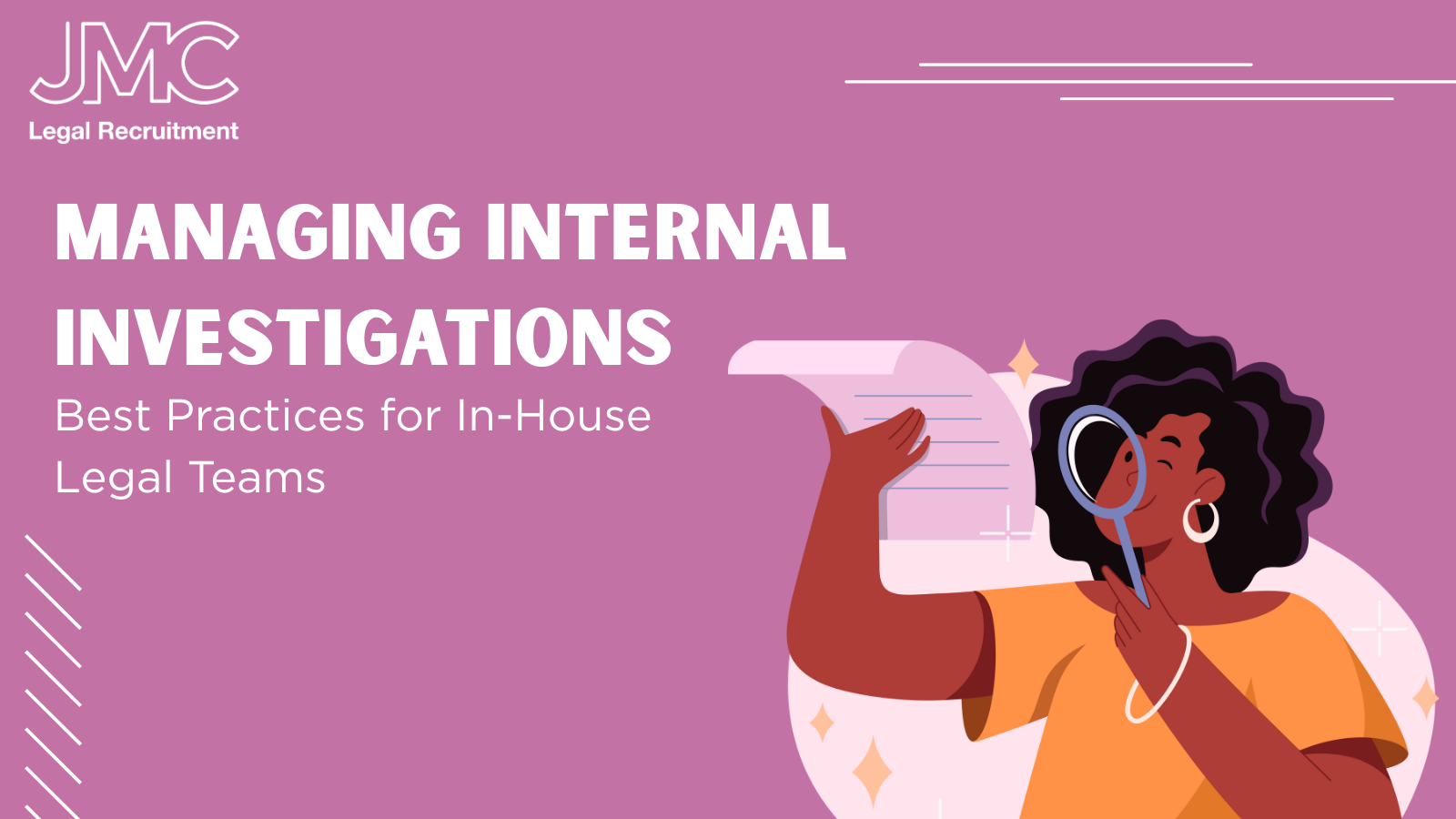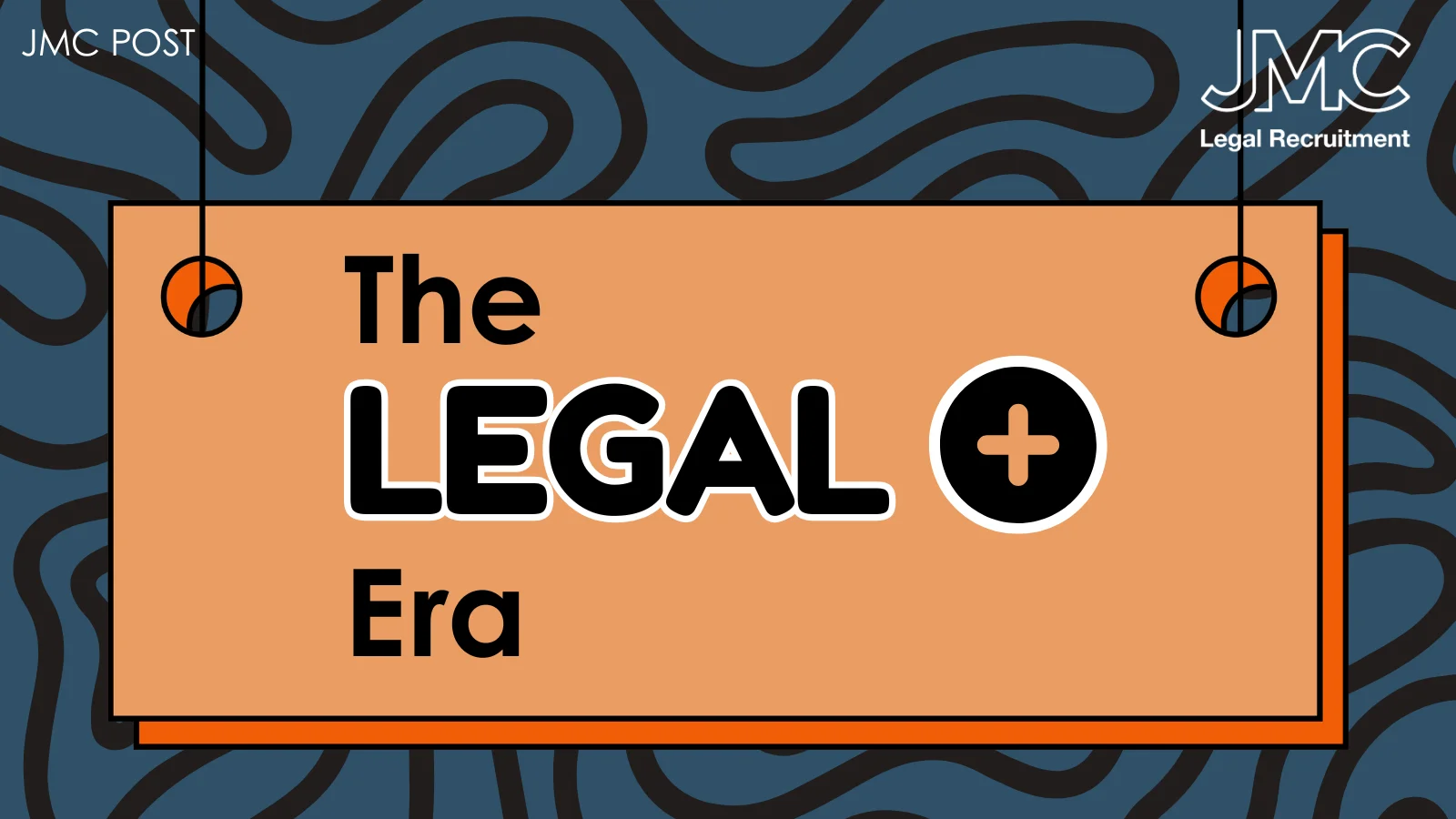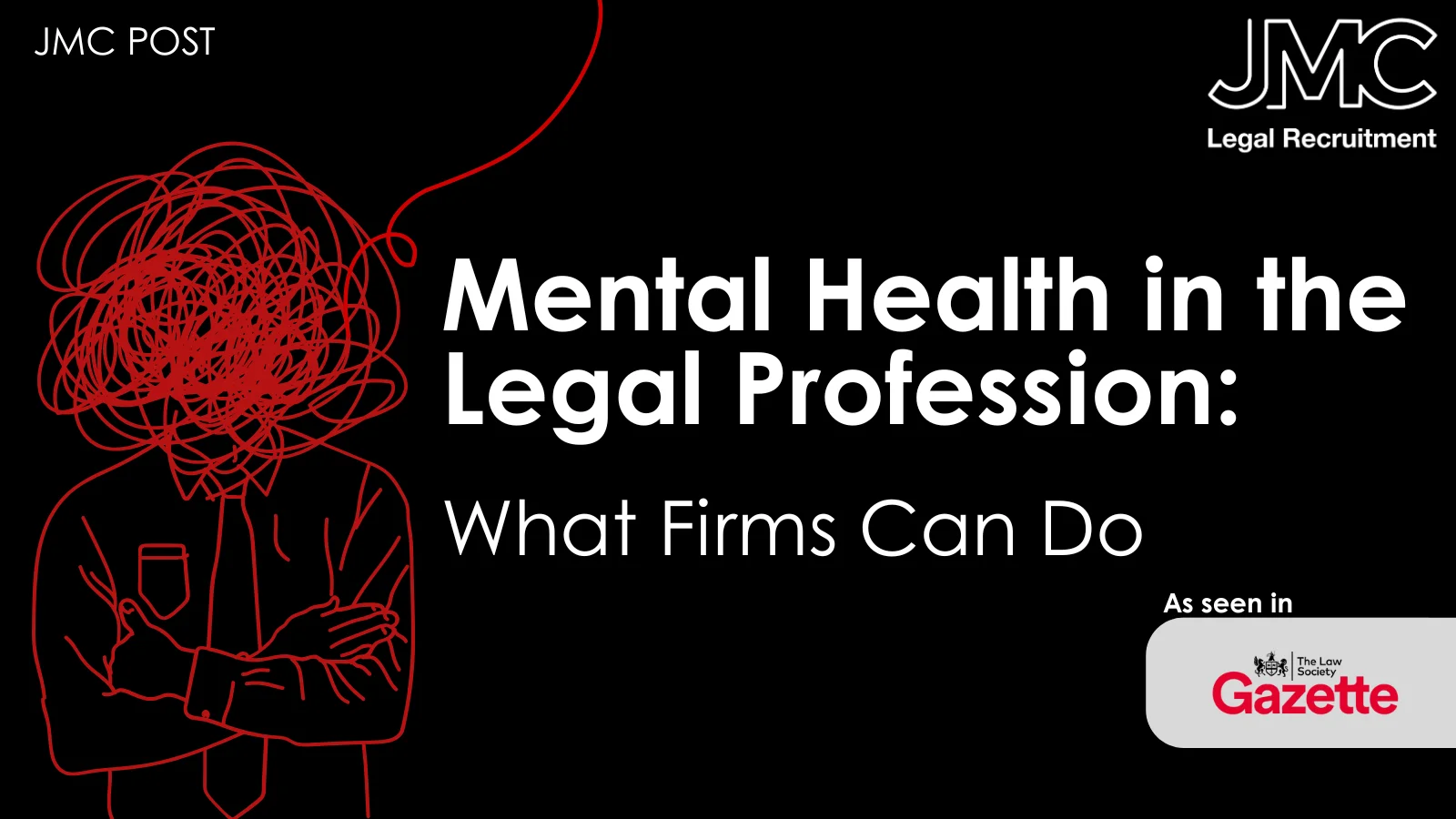
Managing Internal Investigations: Best Practices for In-House Legal Teams
28 Apr, 20254 minutes
Internal investigations are a critical function of in-house legal teams within the UK financial services sector. Whether responding to whistleblower reports, fraud allegations, or regulatory inquiries, legal counsel must navigate these matters with diligence, confidentiality, and adherence to legal and regulatory obligations. A well-structured approach ensures that investigations are conducted fairly, mitigates legal risks, and helps maintain trust within the organisation. Given the regulatory scrutiny from bodies such as the FCA and PRA, it is essential that in-house legal teams establish best practices for handling internal investigations effectively.
The first step in any internal investigation is to establish a clear protocol for assessing and responding to allegations. When a whistleblower report or fraud claim arises, legal teams must quickly determine the credibility of the complaint and whether it falls within the scope of internal policies or regulatory concerns. It is crucial to maintain confidentiality to protect whistleblowers from retaliation, in line with the UK’s Public Interest Disclosure Act 1998. Additionally, in cases involving potential criminal conduct, legal teams must decide whether external authorities, such as the Serious Fraud Office, should be notified.
Once an investigation is initiated, defining the scope and securing relevant evidence is paramount. Legal Counsel should outline clear objectives, identify key individuals involved, and collect relevant documents, emails, and financial records. In-house counsel must ensure that data collection aligns with privacy laws, particularly the UK GDPR. Failure to handle data lawfully can lead to additional legal complications. Additionally, preserving electronic evidence and preventing document destruction are vital to maintaining the integrity of the investigation.
Interviewing key witnesses and stakeholders is another crucial phase of the process. In-house legal teams should conduct interviews in a structured manner, ensuring that all participants understand their rights and obligations. While employees may be required to cooperate with internal investigations, they also have the right to legal representation in certain circumstances. Maintaining a neutral and objective approach in these interviews is essential to avoid any perception of bias. Where necessary, involving external legal counsel or forensic specialists can enhance the credibility and effectiveness of the investigation.
Following the investigation, proper documentation and reporting are essential. In-house legal teams should prepare a detailed report outlining the findings, conclusions, and recommended actions. If misconduct is identified, legal teams must advise leadership on appropriate disciplinary actions, remedial measures, or regulatory disclosures. Transparency with regulators, where required, can help mitigate potential penalties and demonstrate the firm’s commitment to compliance. The FCA and PRA expect firms to self-report significant misconduct under their enforcement frameworks, making timely and accurate reporting crucial.
Establishing a strong culture of compliance and ethical conduct is the best way to prevent internal issues from escalating. In-house legal teams should work closely with compliance and risk management functions to strengthen internal controls, provide training on ethical conduct, and encourage a workplace culture where employees feel safe reporting concerns. By implementing best practices in internal investigations, financial institutions can not only meet regulatory expectations but also foster a more transparent and accountable corporate environment.


